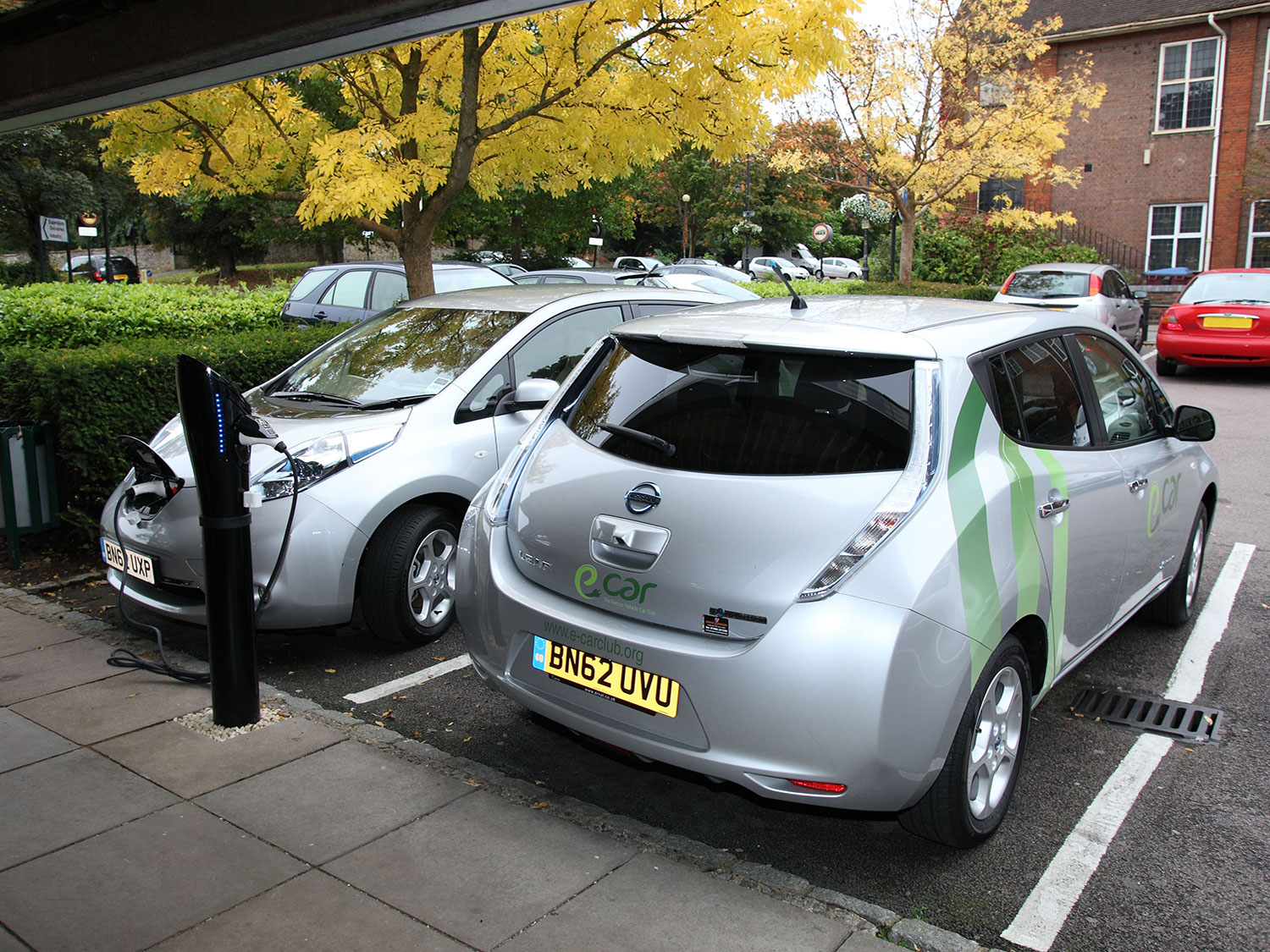Electric vehicles: it’s the network, stupid
By ignoring electric car infrastructure companies the UK government is ignoring the car economy of tomorrow.

The Government recognise this, and have announced consumer incentives to start in 2011, around the time when there’ll begin to be a selection of EVs on the market from big auto companies like Nissan, Smart, Renault, Mini, and Mitsubishi. The recently announced Plugged In Places scheme also commits £30m for the installation of more charging points around the country, (the UK has 273 charging points, but only 54 are outside London), which is just part of the £400 million of support to encourage development and uptake of ultra-low emission vehicles. But are the government taking a broad enough view of the potential for business?
Currently there are consumer incentives that are only set to get better – no tax, no congestion charge, and some free parking. Then from 2011 there’ll be £5000 subsidies available to help you purchase an EV, and £2000 subsidies for scrapping an old car and buying an EV.
But outside of these consumer-focused efforts, the UK government is failing. American companies such as Coulomb Technologies and ZAP have benefitted from the US’s venture capital culture, having secured US $3.75 million from Estag Capital and $25 million from Cathaya Capital respectively. There’s also companies like Infotility, who develop software to manage the grid, and have received funding from the US Department of Energy for a number of joint projects. Obama’s stimulus package also committed $1 billion of support for companies making car batteries. The US government recognises that there are spaces to fill in this emerging industry, and an opportunity to capitalise on the huge opportunity for growth.
However, in the UK, the only apparent funding is in the form of a general grant scheme for established companies (not targeted at EV developers), or a 50% costs grant available to businesses wanting to install charging points. Instead, the focus of the government’s projects are on consumer incentives to drive what they call a “motoring revolution”, and on the hope that EVs might reinvigorate auto-manufacturing in Britain.
Of course, auto-manufacturing in the UK is largely dependent on the big international auto companies, so the hope is that, despite a savage fall in profits, they will plump for British factories and British workers to produce their EV lines for the European market. This is not entirely wishful thinking. At the time of writing, Ellesmere Port is in the running to produce General Motors’ ‘Volt’ model or Vauxhall’s Ampera, and Nissan’s Sunderland plant has won a £380m loan for the development of electric car technology, which could potentially generate 4,500 jobs.
Superficially this appears great news for UK economy, creating jobs at a time when unemployment figures sit at 2.46 million. But much of the revenue actually generated from the manufacturing itself is falling back into foreign hands. There’s a bigger opportunity here, and bigger potential benefit than manufacturing opportunities and consumer take up.
The transition to EVs is comparable to the emergence of mobile phone technology into the mass market, only with the added environmental benefit. Think of all the businesses which are built around mobiles – from the phone unlocking nooks on the high street to network providers. The EV industry opens up the same broad opportunity for business startups not only in manufacturing and charging points, but in anything EV owners need, not readily available in the marketplace, like charging cables, electronics maintenance, energy management technology and portable battery packs.
Clare Keen, a spokesperson from the Department for Business, Skills and Innovation, admitted that there was little support being offered to UK startups wanting to provide these services: “There’s no specific support that we provide. There’s funding available for low carbon auto projects, but it’s not targeted at startups, it’s targeted at established companies, and it’s focused around production and products. Jaguar Land Rover have just received a [£1m] grant to produce a low carbon product as part of that general grant scheme. There is nothing specific around startups connected to electric vehicles.”
The government is encouraging manufacture, and throwing money at charging points, but what needs to be developed is a supportive network for startups in the emerging EV industry, and help for existing businesses like Elektromotive, Pluginsure and Park and Power. The UK can be an incubator for many more enterprising startups, who have the potential for high growth and international expansion. But they require a better infrastructural network to work with and support in the form of an investment environment that will allow them to grow.

Share
Tweet this Share on Facebook